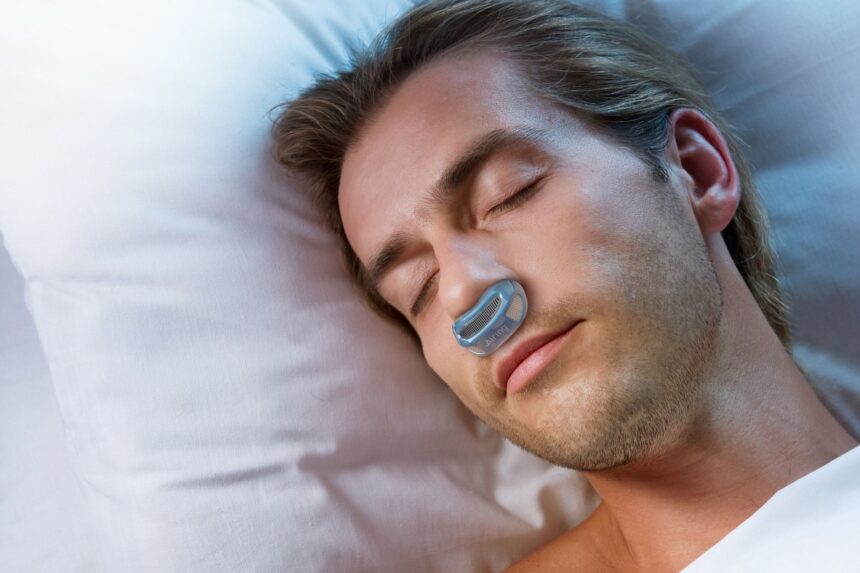Sleep apnea is a sleeping disorder that is characterized by pauses in breathing or instances of shallow or infrequent breathing during sleep. This happens because of a blockage of your airway, this lack of oxygen can activate a survival reflex that wakes you up just enough to resume breathing thereby interrupting your sleep. These pauses can last for a few seconds to minutes and may occur multiple times per hour. Sleep apnea is different from sleep paralysis, sleep apnea involves interrupted breathing during sleep, while sleep paralysis is a brief inability to move or speak when falling asleep or waking up.
There are two main types of sleep apnea, obstructive sleep apnea (OSA) and central sleep apnea (CSA). Obstructive sleep apnea occurs when the muscles in the throat relax excessively, leading to a partial or complete blockage of the airway despite continued effort to breathe. Central sleep apnea has to do with the failure of the brain to transmit the appropriate signals to the muscles responsible for breathing, in this case, your brain doesn’t properly control your breathing and this affects your sleep. CSA can happen for many reasons such as heart failure, hypoxia, and nervous system damage.
MUST READ;Migraine Headache – FOOD-AN-HEALTH (foodanhealth.com)
Common symptoms of sleep apnea include loud snoring, abrupt wakenings which are accompanied by a choking or gasping sound, excessive sleep during the daytime, difficulty staying asleep, insomnia, night sweats, and feeling restless at night. There are several causes of sleep apnea, which include excess weight, increasing the risk of OSA, it can block your upper airway, and obstructing breathing. Family history, age, smoking, nasal congestion, and several medical conditions such as heart failure, and high blood pressure, can increase the risk of having sleep apnea.
There are several treatment options for sleep apnea which depend on the severity and the type of apnea, however, general treatment options include lifestyle changes such as weight loss and positional therapy which involves changing sleeping positions. Continuous positive airway pressure (CPAP) which involves wearing a mask over the nose or mouth while sleeping delivers a continuous stream of air and can prevent the airway from collapsing thereby preventing sleep apnea. In severe cases of sleep apnea, surgery may be performed to remove excess tissues from the throat, also it can be done to reposition the tongue attachment to prevent airway collapse. Other forms of treatment include the use of oral appliances to keep the airway open, the use of nasal sprays, and changes in medications.
In conclusion, sleep apnea can cause serious health issues such as heart disease, stroke, increased risk of high blood pressure and diabetes when left untreated, sleep apnea is very treatable, if you notice any symptoms of sleep apnea, talk to your healthcare provider, they can provide you with the treatment options suitable for you to get a good night sleep.


